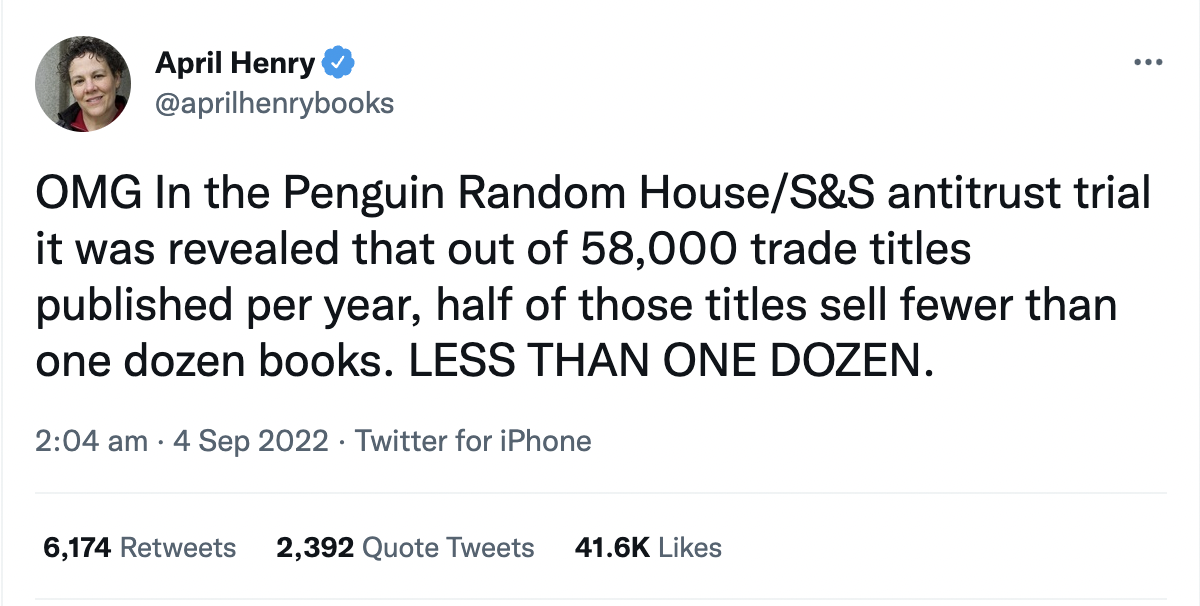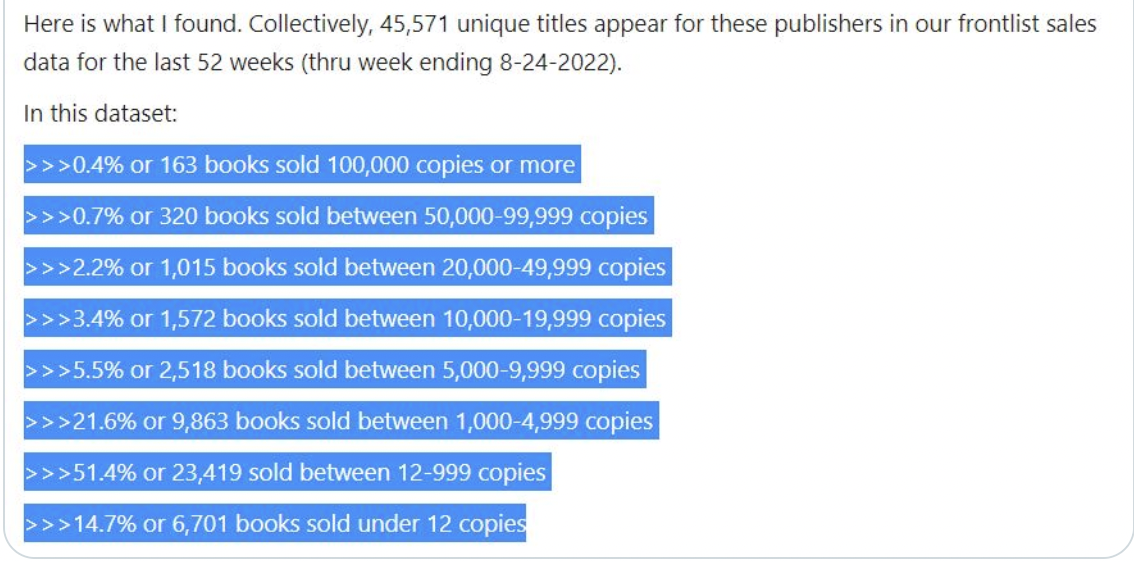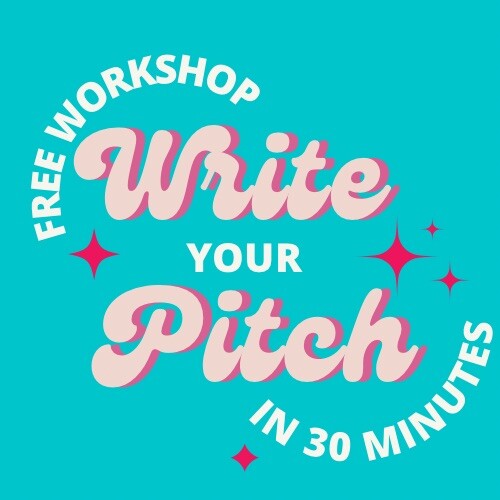
Happy Friday, writer friends!
A warm welcome to everyone who found us through friend-of-The-Wordling Amber Petty’s newsletter! In case you’ve never heard of me before, I’m an Indian writer living in England. Which, given that we’ve gotten a new Prime Minister and new King in the same week, has been interesting.
Speaking of Amber, I’d be remiss not to mention her “Write Your Pitch in 30 Minutes” workshop (it’s free!) Amber is not only an incredibly generous writer and teacher, but one who likes to have fun. You will learn how to pitch, you will learn how to do it efficiently, and you’ll have a good time along the way. Find it here.
Also, an announcement: From next week, I’ll be sending the newsletter weekly. I’ve been talking to some of you over email and mulling it over, and it feels like it’s time to experiment with the frequency of this newsletter. So, from next week, you’ll find me in your Inbox every Thursday at 9am EST. (Thanks to everyone who weighed in!)
Enjoy the issue!
Why it matters: It must be noted that this statistic is, in all probability, incorrect. For one, there is absolutely no data to back it up. The closest is this data from Bookscan: Collectively, among 45,571 unique selling titles from Penguin Random House, Simon & Schuster, Hachette, Book Group, HarperCollins, Scholastic, Disney, Macmillan, Abrams, Sourcebooks, and John Wiley, “14.7% or 6,701 books sold under 12 copies.”
So, one guess is that somebody misheard 15% as 50%, an easy mistake to make. Still, what’s interesting about this–and any other publishing numbers–is how vague the terminology can be and why it’s important to keep that in mind when looking at specific sales numbers.
In an excellent post by Lincoln Michel, which I highly recommend reading, Michel points out that there is a difference between a unique title and a book. If a title has been published as an ebook, a print book, and an audiobook, that’s three “books” right there, each with their own sales numbers. And this is before you consider foreign editions, translations, and special editions. So, sure, a Swedish edition of a novel first published in the US might have sold less than a dozen copies, but that’s not a reflection on the overall sales, just sales for that particular version of the book.
Key takeaway: Sales numbers are always a big draw for authors, especially as a point of comparison. What’s most interesting for me, however, is what I taught repeatedly as a freelancer: when you sign with a publisher, be aware of what rights you’re selling.
Every foreign edition, audiobook, or ebook is an asset and, like smart freelancers, you want to ensure that you’re getting paid for each individual asset. If a publisher wants to buy comprehensive rights to the work, which is most often the case, will they actually exploit them? If you’re selling audio rights, will the publisher be releasing an audiobook? Because if they don’t, you can’t either. And as the numbers show, sales—no matter how small—can definitely add up.
SEE ALSO:
Confessions of a closet novelist: “So a fiction writer I remained, and eventually some of those rejections became offers. I published three novels and two collections of stories, all positively reviewed. But while my history books continued to sell, my fiction books rarely made it to a second printing. Friends still advised me to give it up and focus on what I was good at.”
How to base a character on yourself: F. Scott Fitzgerald famously bragged that no matter their sex, age, social standing, “All my characters are Scott Fitzgeralds.” I’ve always admired that claim and hoped it was true of my own fictional characters.
WRITERS WANTED
Our How to Pitch page now has 170+ pitching guidelines, including National Geographic, The Economist, Financial Times, Wired, and more.
THE WORDLING RESOURCE
Write a Pitch in 30 Minutes (free)
Go from “I don’t know what to pitch” to “oh crap I just sent that to my favorite publication” in this 90 minute workshop.
You’ll find out what magazine, newspaper, and online publication editors are looking for, how to come up with sellable story ideas, and you’ll finish a pitch during the workshop.
Not think about it, dip a toe in, and maybe write it tomorrow.
You’ll write a pitch in class that’s ready to send.
WORDLING INSIGHT
Here’s what I know: Not writing may seem like an easier option than writing in the short term, but when you look back on your life, the pain of not writing will far exceed any pain that you may feel while writing.
There’s always pain associated with growth.
The pain of growth or the pain of regret? Your choice.
GLOBAL REPORT
FINLAND: “This week Podimo launched in Finland, its sixth European market after Denmark, Norway, Germany, Spain and the Netherlands, explaining that, pre-launch,15% of Finnish podcast users already pay for the privilege. Podimo wants to grab some of the action and expand the market.”
INDIA: “India is only at 54% internet penetration, so the reluctance of some publishers to embrace digital is understandable—but sorely misjudged. That 54% equates to 755 million people online. That’s already 443 million more than the USA, which has very little room to grow.”
MEXICO: “This year will be the deadliest on record for journalists in Mexico, with 18 killed so far, human rights organization Article 19 said in a report. Of the 18 deaths, Article 19 had identified a potential link to their work in nine cases so far, the organization’s regional director Leopoldo Maldonado told Reuters.”
QUOTE OF THE DAY
“This manuscript of yours that has just come back from another editor is a precious package. Don’t consider it rejected. Consider that you’ve addressed it ‘to the editor who can appreciate my work’ and it has simply come back stamped ‘Not at this address.’ Just keep looking for the right address.”
– Barbara Kingsolver
SHARE THE WORDLING
TGIF! The Wordlings are looking forward to a weekend of novelating. Share The Wordling if you’re looking forward to writing some fiction over the weekend.
or
Support The Wordling with a tip.



